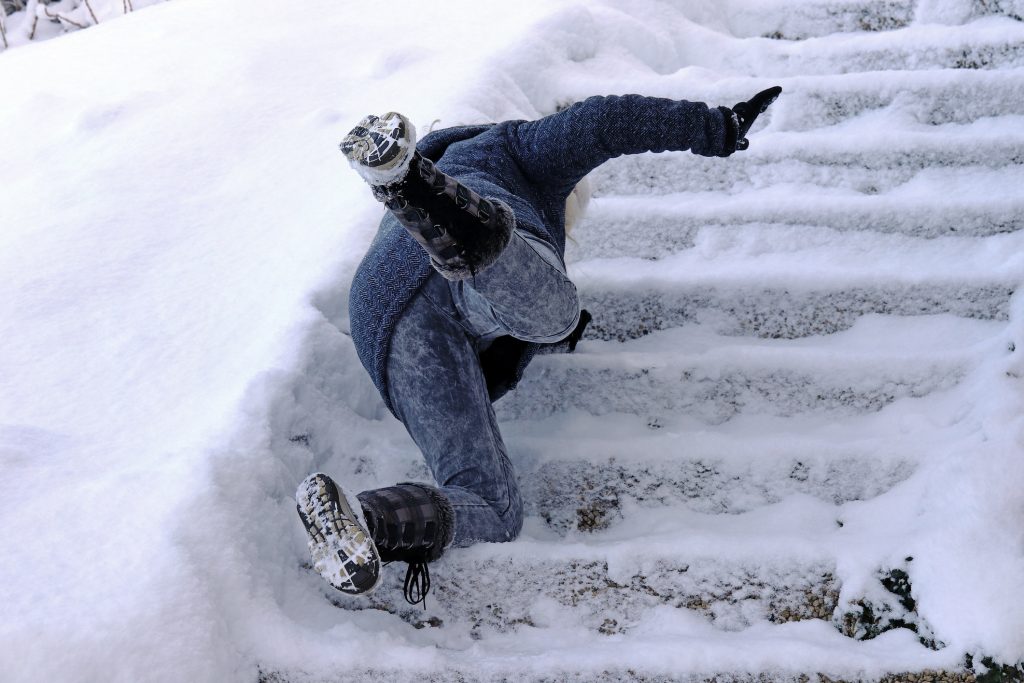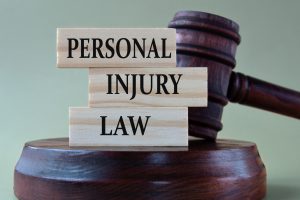Picture this: you're walking through a shopping mall, and you slip on a wet floor. There was no warning sign. You end up with a sprained ankle and a pile of medical bills. Now you're wondering, “Who’s responsible for this?” When it comes to public place injuries, the key question is liability.
Understanding Liability in Public Spaces
Liability refers to who’s legally responsible for your injury. The concept of duty of care comes into play here. It means the people in charge of the space—be it owners, managers, or tenants—have a legal obligation to keep the area reasonably safe.
Negligence happens when they fail to meet this obligation. For example, if someone knows there’s a spill but doesn’t clean it or warn people, they may be liable. However, liability isn’t automatic. It depends on several factors, like whether they were aware of the danger or had enough time to fix it.
If you’re injured, understanding liability can help you figure out your next steps. To make the best of this stage, it may do you good to involve personal injury lawyers in Perth or other legal experts near you.
A personal injury lawyer knows how to build a strong case. They’ll help you gather evidence, identify who’s liable, and deal with the property owner’s insurance. Lawyers can also negotiate on your behalf to ensure you get the compensation you deserve.
Types of Public Place Injuries
Public places are everywhere—parks, malls, sidewalks, restaurants, and even stadiums. The types of injuries people experience can vary widely. They could be slip-and-fall accidents, defective equipment incidents, falling objects, sometimes uneven or damaged surfaces. Understanding the types of personal injuries can guide you in figuring out who’s responsible.
Roles of Property Owners and Occupiers
Public spaces are often owned, leased, or managed by different people or entities. Their roles in maintaining safety can get a little tangled, but here’s the gist: p
Property Owners
Think of someone who owns a shopping plaza. They’re ultimately responsible for ensuring their property is safe for the public. If there’s a structural issue, like a broken staircase, they should fix it or hire someone to do so.
Occupiers (or Tenants)
Now imagine a café operating within that shopping plaza. The café’s manager is responsible for safety inside their leased area. So, if you slip on spilled coffee inside the café, it’s their problem—not the plaza owner’s.
Shared Responsibility
Liability isn’t always black and white. Say you’re injured in the café’s outdoor seating area. If the café manages that space, they might be liable. But if the property owner neglected repairs in that same area, both could share responsibility.
Steps for Injury Victims
Here's what to do when you've been injured:
- Even if your injury seems minor, see a doctor. Some issues, like head injuries, can show delayed symptoms. Plus, medical records are vital for your case.
- Use your phone to take photos or videos of the scene. Capture the hazard that caused your injury—like the puddle, broken railing, or cracked pavement.
- If anyone saw the accident, ask for their name and contact information. Witness statements can strengthen your claim.
- Notify the property owner, manager, or relevant authority. For example, tell the store manager if you’re injured in a supermarket. Request a copy of the incident report if one is filed.
- Did you damage personal belongings in the accident? Keep them. Hold onto receipts for medical treatment or other expenses related to your injury.
Each step helps protect your rights and builds a strong foundation for your case.
Compensation and Legal Options
So, how do you get compensated for your injury? The good news is, there are legal avenues available. Here’s what you need to know:
Filing a Claim
If the property owner or occupier is insured (and most are), their insurance should cover your injury. For example, if you slip in a supermarket, their liability insurance might pay for your medical bills and lost wages.
When filing a claim, include all the evidence you’ve gathered—photos, medical reports, and witness statements. The insurance company will review your case and decide whether to offer a settlement.
Negotiating a Settlement
Sometimes, insurers offer less than what you deserve. Say your medical expenses total USD$50,000, but they offer USD$20,000. You don’t have to accept. Negotiation is part of the process.
Filing a Lawsuit
If negotiations fail, you might need to file a personal injury lawsuit. This usually happens in more severe cases or when liability is disputed. For example, if a municipality denies responsibility for a cracked sidewalk that caused your fall, you might need legal action to get justice.
You can claim compensation for medical bills, lost income if you couldn’t work, pain and suffering from physical or emotional distress, ongoing medical care if your injury has long-term effects, etc.
Closing Thoughts
Public place injuries can turn your world upside down, but knowing your rights puts you back in control. Keep the knowledge you've learned in mind. Also, keep your lawyer close. Their input can go a long way towards getting you the compensation you deserve.





















